Oktatói Hálózat – A magyar felsőoktatásban dolgozó oktatók és kutatók autonóm szerveződése
Céljaink
Az Oktatói Hálózat (OHA) a magyar felsőoktatásban dolgozó oktatók és kutatók autonóm szerveződése. Célja a honi felsőoktatás értékeinek megőrzése és megújításának előmozdítása. Létrehozását az a meggyőződés motiválta, hogy a felsőoktatás jelenleg zajló átalakítása ezekkel a célokkal ellentétes következményekre vezet. Egyetértünk azzal, hogy a korábbi szabályozás sok tekintetben módosításra szorul, ugyanakkor bármilyen módosítást csak abban az esetben tartunk elfogadhatónak, ha az nem korlátozza a felsőoktatási intézményekben zajló tanítás és kutatás szabadságát, a felvételizők és a hallgatók esélyegyenlőségét, az oktatás költségeinek igazságos megosztását és a diplomások szabad munkavállaláshoz való jogát. Ragaszkodunk ahhoz is, hogy bármilyen jogszabály-módosítás csak alapos elemzések, hosszú távú hatástanulmányok, érdemi szakmai és társadalmi egyeztetések után következhessen be. Feladatunknak tartjuk, hogy konkrét javaslatokat fogalmazzunk meg annak érdekében, hogy a magyar felsőoktatási intézményekben kiszámítható és átlátható finanszírozással, a nemzetközi együttműködésekbe minél jobban bekapcsolódva, világszínvonalú kutatási eredmények szülessenek és világszerte versenyképes képzésben részesüljenek a tanulni vágyók – származásuktól és anyagi lehetőségeiktől függetlenül. Meggyőződésünk, hogy egy ilyen felsőoktatás, amellett hogy a magyar gazdaság egyik sikerágazata lehetne, szükséges feltétele annak, hogy Magyarország ne csak versenyképesebb, hanem egyúttal szolidárisabb és demokratikusabb állammá is váljon. Egyszerre tekintjük hivatásunkból fakadó és állampolgári kötelességünknek, hogy felemeljük szavunkat minden olyan kormányzati törekvéssel szemben, amely a fenti célok ellen hat, továbbá kötelességünknek tartjuk azt is, hogy közösen lépjünk fel a rögtönzésszerű, diktatórikus és centralizáló oktatásirányítással és következményeivel szemben, élve mindazon lehetőségekkel, amelyek a civil szféra számára rendelkezésre állnak.
2012. március
Csatlakozás és további információk az oktatoihalozat.blogspot.hu oldalon.

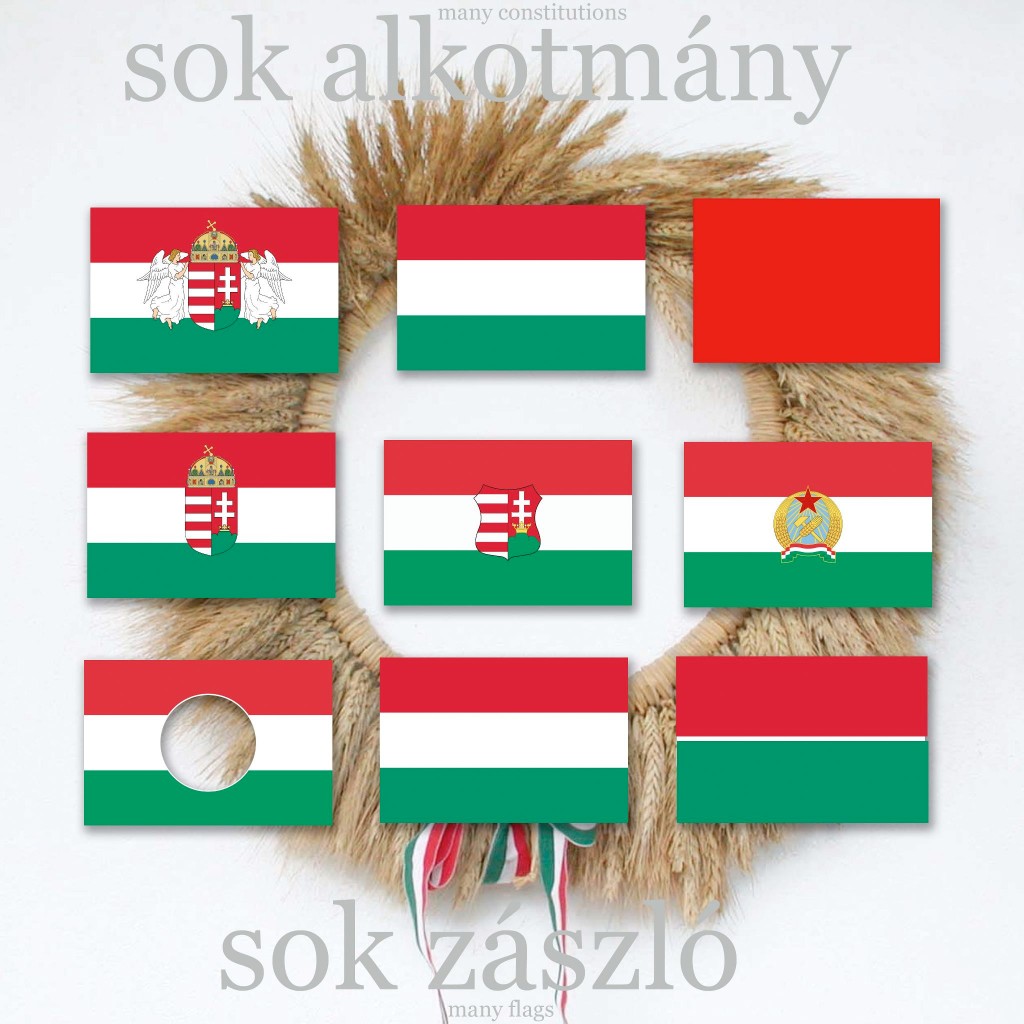
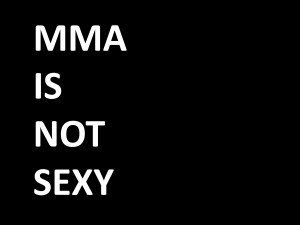

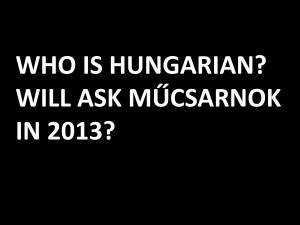


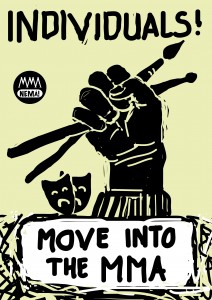
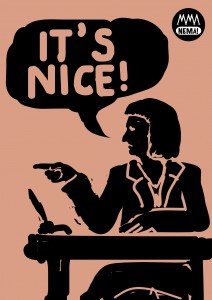
 MMA countdown – Free Artists welcomes the resigned MMA-members!
MMA countdown – Free Artists welcomes the resigned MMA-members! TRANSZPARENCIÁT!
TRANSZPARENCIÁT!